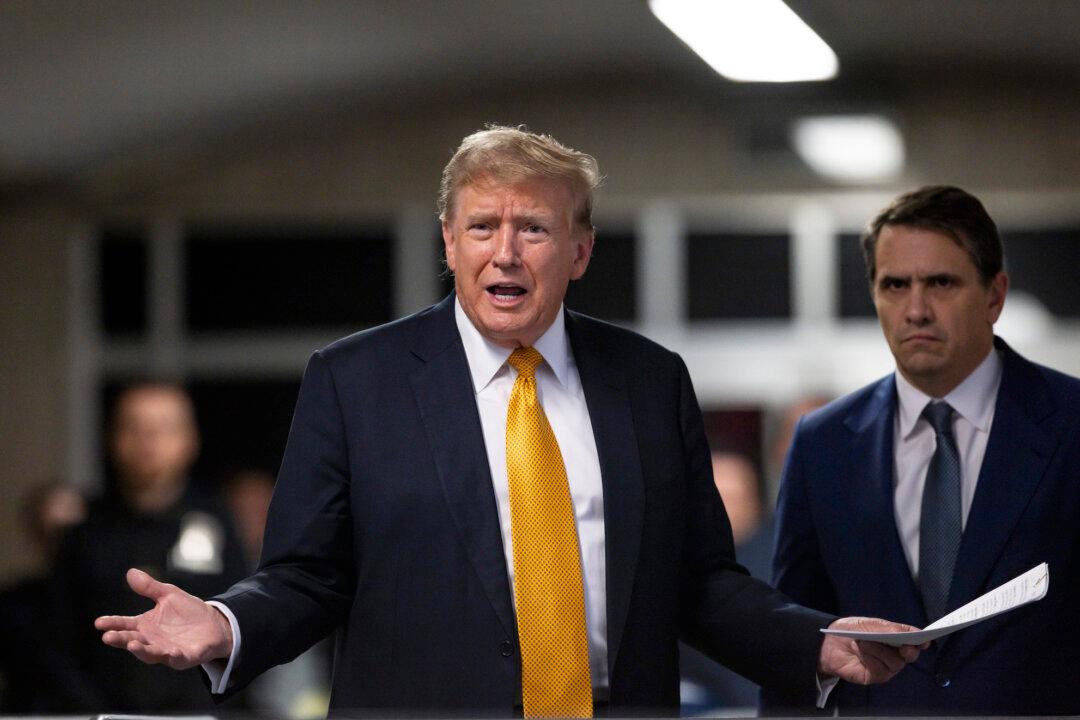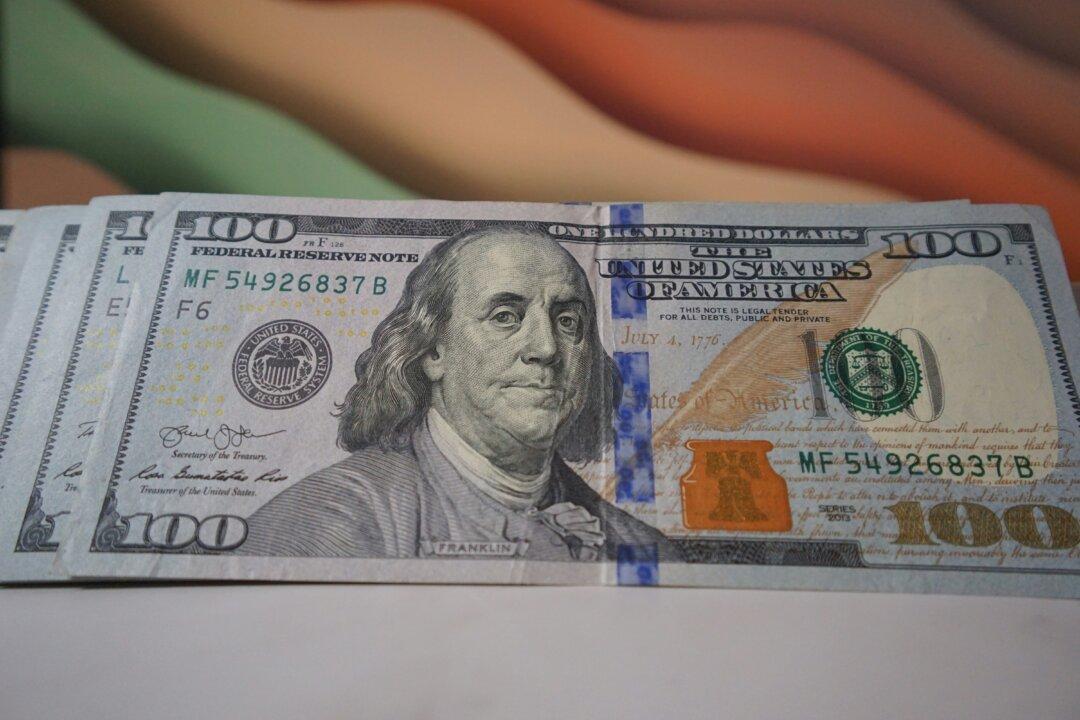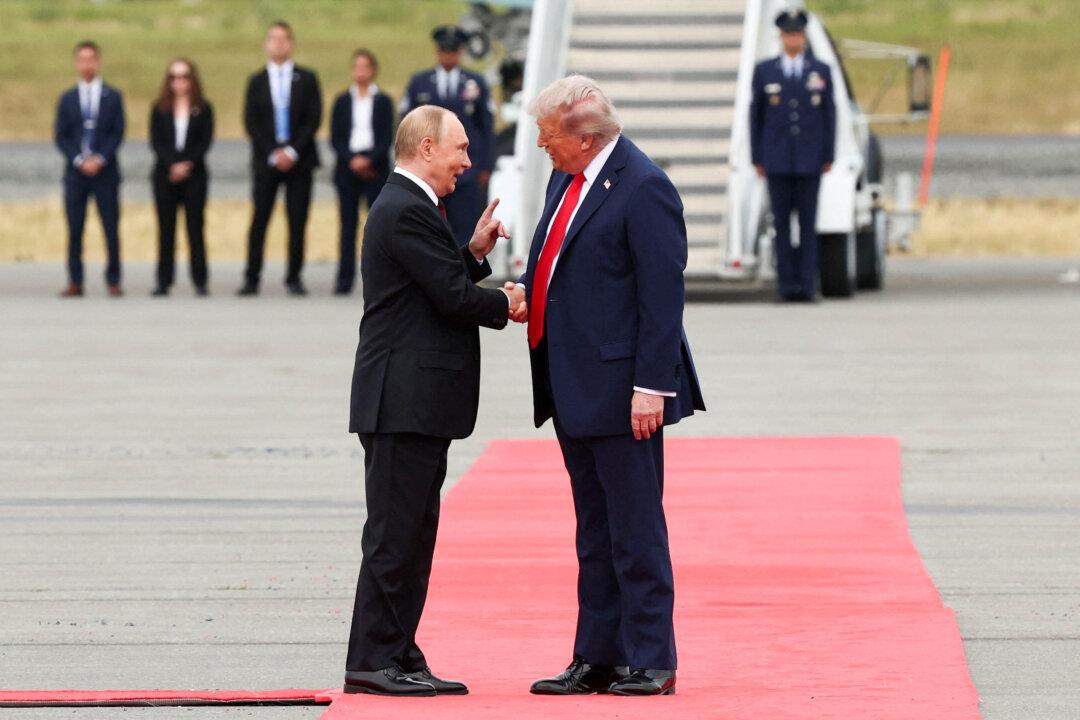This text appeared in the “Top Story” email newsletter sent on May 25, 2024.
After six weeks, former President Donald Trump’s criminal trial is nearing an end, with closing arguments set to begin May 28. Here’s what to know to catch up with the case.What Are the Charges?
Manhattan District Attorney Alvin Bragg charged Trump with 34 counts of falsifying business records in the first degree, a class E felony.New York Business Law 175.10 states: “A person is guilty of falsifying business records in the first degree when he commits the crime of falsifying business records in the second degree, and when his intent to defraud includes an intent to commit another crime or to aid or conceal the commission thereof.”





